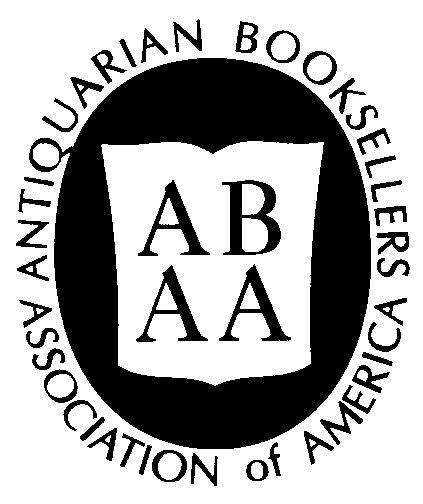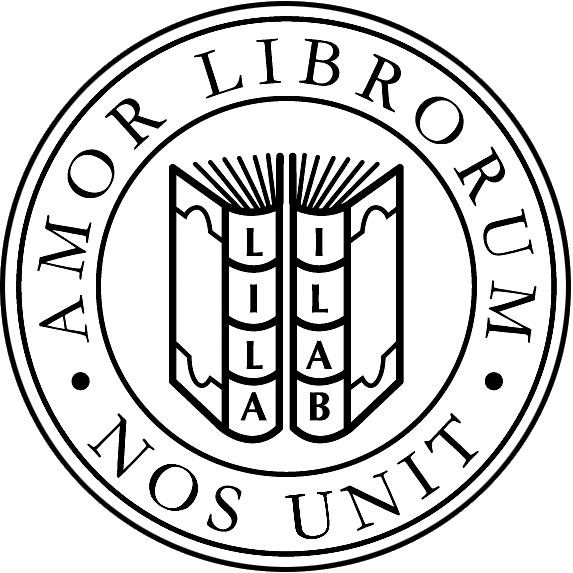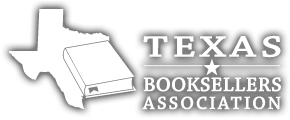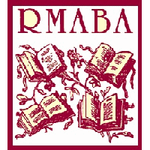Dealer in Rare and First-Edition Books: Western Americana; Mystery, Detective, and Espionage Fiction
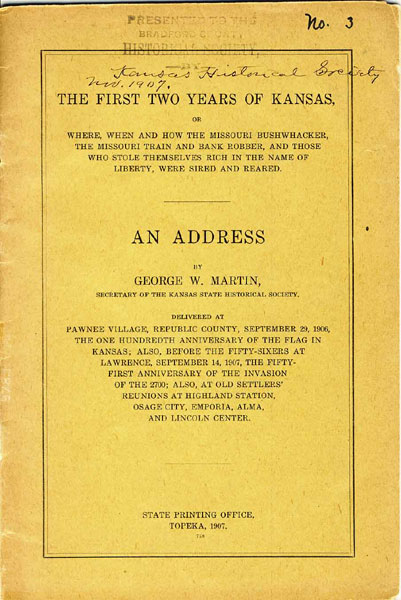
The First Two Years Of Kansas, Or Where, When And How The Missouri Bushwhacker, The Missouri Train And Bank Robber, And Those Who Stole Themselves Rich In The Name Of Liberty, Were Sired And Reared. An Address By George W. Martin, Secretary Of The Kansas State Historical Society. Delivered At Pawnee Village, Republic County, September 29, 1906, The One Hundredth Anniversary Of The Flag In Kansas; Also, Before The Fifty-Sixers At Lawrence, September 14, 1907, The Fifty-First Anniversary Of The Invasion Of The 2700: Also, At Old Settlers' Reunions At Highland Station, Osage City, Emporia, Alma, And Lincoln Center
GEORGE W MARTIN
Other works by GEORGE W MARTINPublication: State Printing Office, 1907 , Topeka
First Edition. 9" x 6" in mustard yellow printed wrappers. 30pp. An address given pertaining to slavery in Kansas. In 1854 the Kansas–Nebraska Act of 1854 called for "popular sovereignty,"that is, the decision about slavery was to be made by the settlers (rather than outsiders). It would be decided by votes, or more exactly which side had more votes counted by officials. At the heart of the conflict was the question of whether Kansas would allow or outlaw slavery, and so enter the Union as a slave state or a free state. Pro-slavery forces said every settler had the right to bring his own property, including slaves, into the territory. Anti-slavery "free soil" forces said the rich slave holders would buy up all the good farmland and work it with black slaves, leaving little or no opportunity for non-slave holders. Between 1854 and 1861, there were many violent political confrontations in the United States involving anti-slavery "Free-Staters" and pro-slavery "Border Ruffian" elements in Kansas. Discusses John Brown, an American abolitionist who believed armed insurrection was the only way to overthrow the institution of slavery in the United States. During the 1856 conflict in Kansas, Brown commanded forces at the Battle of Black Jack and the Battle of Osawatomie. Brown's followers killed five slavery supporters at Pottawatomie. Brown was tried and his trial resulted in his conviction and a sentence of death by hanging. Also discusses pro-slavery activist William Quantrill and his raiders. Address concludes with claiming that only when Quantrill's reunions finally end will there be no more reminders of the barbarism of slavery and Kansas and Missouri will unite. Six Guns says, "Revelations, based upon original sources, of vital historical facts not found elsewhere. The author's quotations are from exceedingly rare files of pioneer newspapers. Rare." Historical Society stamp to top of front wrapper along with the neatly written, "Kansas Historical Society, Nov. 1907" and "No. 3." 4 1/2" split to bottom of spine and with light wear to the extremities. A very interesting pamphlet.
Inventory Number: 40681Sold -- Contact us






